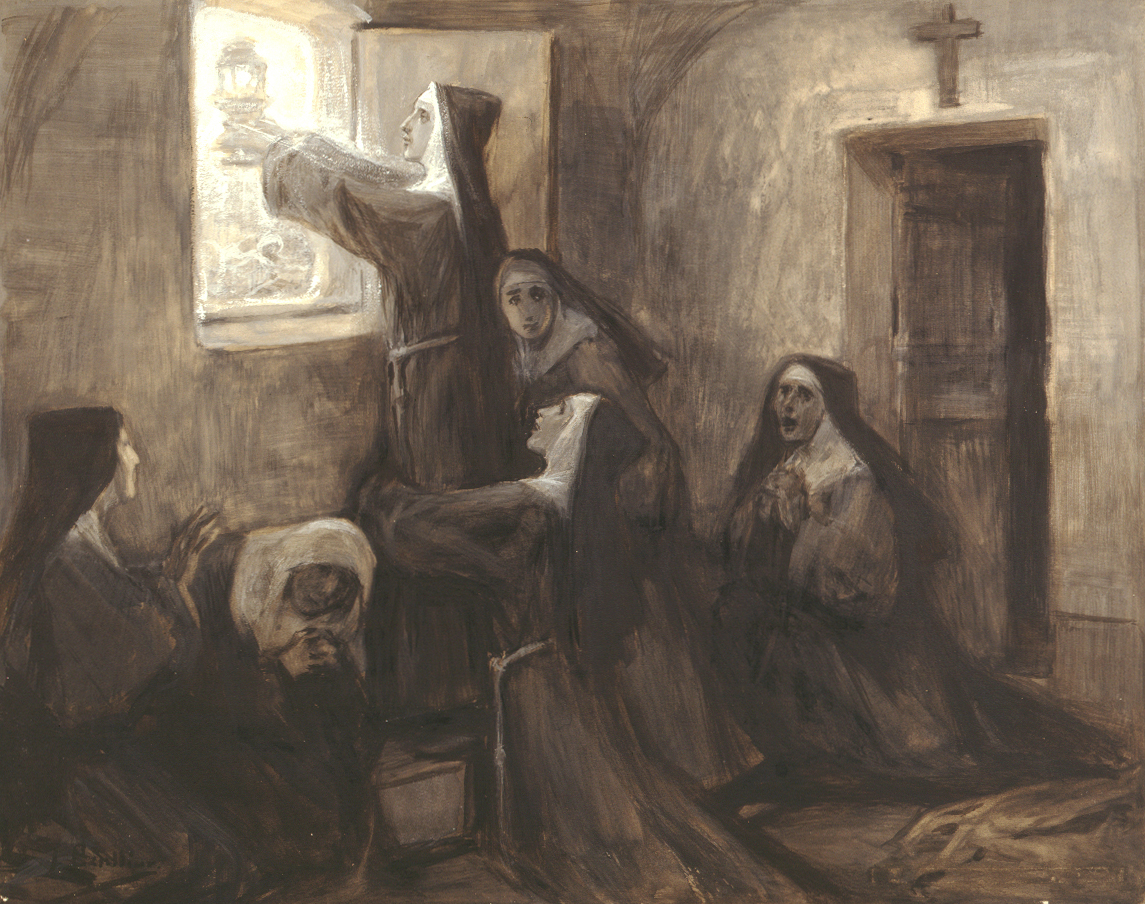CELEBRATING CLARE OF ASSISI
On August 11, the Church celebrates the Feast Day of St Clare of Assisi. Clare, the co-founder of the Franciscan tradition, was a woman of faith, courage and loving presence.
Clare of Assisi was only 18 years old when she founded the Poor Ladies of San Damiano (The Poor Clares). She lived in enclosure for most of her life, but the impact and influence of her spirituality and the gifts of her grace-filled life have spread around the world.
Clare is a perfect example of what Rupp refers to as someone in whom the … presence of immeasurable love has been flowing through (her) experiences, quietly filling the vessel of (her) inner being. The Beguine mystic, Mechthild of Magdeburg, trusted that “the great flood of divine love never ceases. …It flows on and on effortlessly and sweetly and without failing until, finally, our tiny vessel becomes full and spills over…so this graced goodness strengthens in us and goes on to benefit the life of those we encounter (Joyce Rupp, 2024).
Clare’s graced goodness and spillover has certainly blessed not just her own community but also the world.
These extracts from her Rule of 1253 give us some guides to a Franciscan way of living and of operating in contemporary ministries.
Collaborative decision-making
If … anyone should come to us desiring to accept this life, the abbess is bound to seek the consent of all the sisters (Ch 2).
Simplicity and poverty
If she is suitable … she should go and sell all that she has and take care to distribute the proceeds to the poor (Ch 2).
Careful speech and avoidance of gossiping
Let them be careful not to introduce other talk unless it pertains to the confession and the salvation of souls (Ch 3).
Mentoring
… for these and the other novices, the abbess shall carefully provide a mistress … who shall form them diligently … (Ch 3).
Leadership by example
Let her (the leader) also strive to preside over the others more by virtues and holy behaviour than by her office… (Ch 3).
Leading with kindness
… moved by example, the sisters may obey her more out of love than out of fear (Ch 3).
Care for the vulnerable
Let her console the afflicted. Let her also be the last refuge for those who are troubled … (Ch 4).
Inclusivity and discernment
Let all who hold offices in the monastery be chosen by common agreement of all the sisters (Ch 4).
Work for the Common good
… work that pertains to a virtuous life and the common good (Ch 7).
Mutual love
Let them be always eager … to preserve among themselves the unity of mutual love (Ch 10).
Slow to anger
(not) become angry or disturbed on account of another’s sin, for anger and disturbance prevent charity in oneself and in others (Ch 9).
Clare reflected God’s love and light to everyone she met. She was faithful to the grace she had been gifted from God and this enabled her to trust in the possibilities which lay beyond the confines of her monastery and of the world in which she lived. Being faithful to grace means seeing the ordinary as filled with God’s presence and love. Clare was able to do this and her light has been shared over generations through the work of the Poor Clares, Franciscan people and those touched by her story.
We too are called to continue to share Clare’s light in the world today.
May the holy angels of God, our blessed Father Francis and all … saints … confirm for you this most holy blessing in heaven and on earth (The final words of Clare).
Reflection:
How will you be faithful to God’s graces in your life?
References:
Rule of St Clare 1253. https://drive.google.com/file/d/1wQPMi6AiJMz_tzJviFCl__ZBf7RVZaF5/view
Rupp, J. (2024). Vessels of Love: Prayers and Poems for the Later Years of Life. New York: Orbis Books.

José Benlliure y Gil, Public Domain